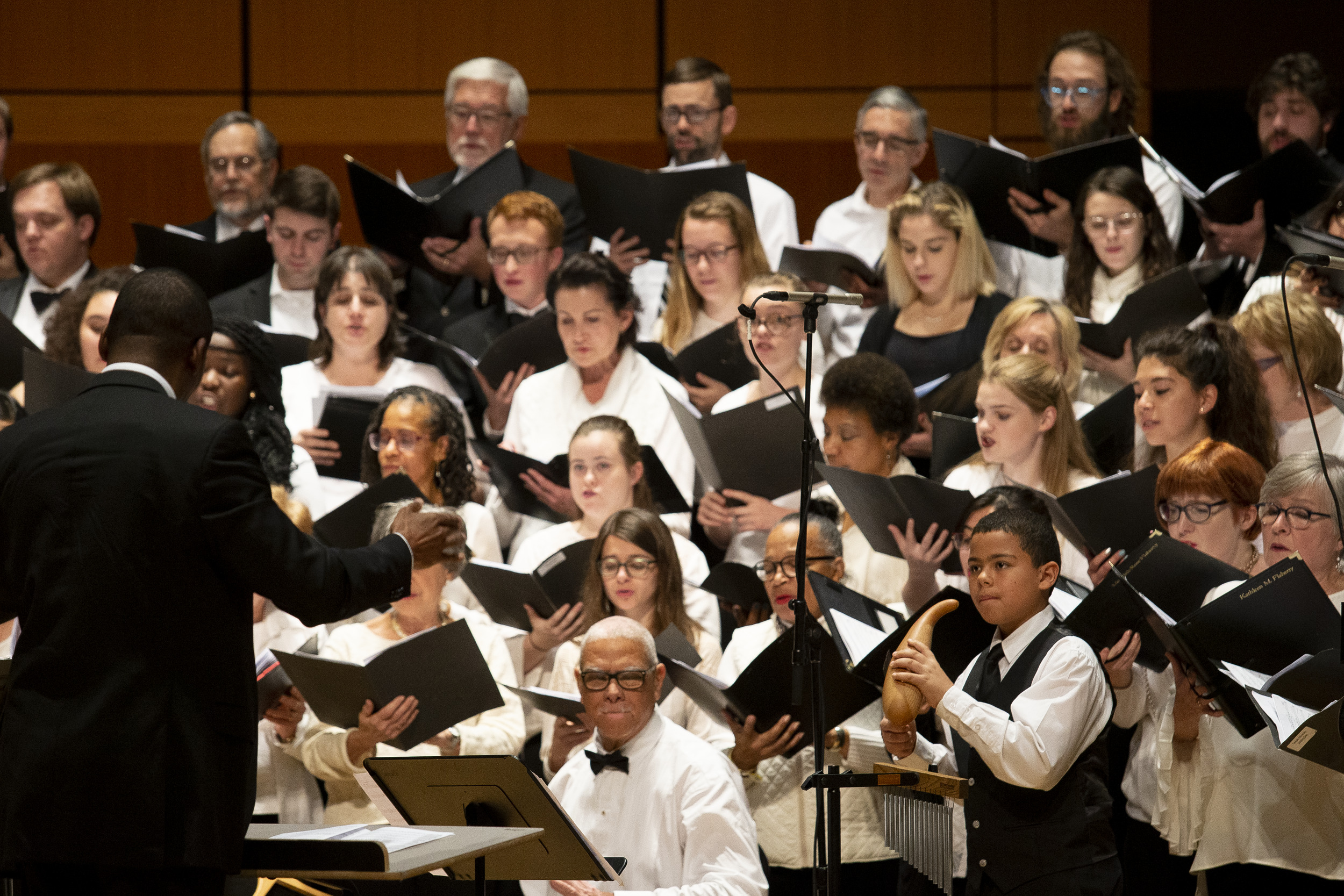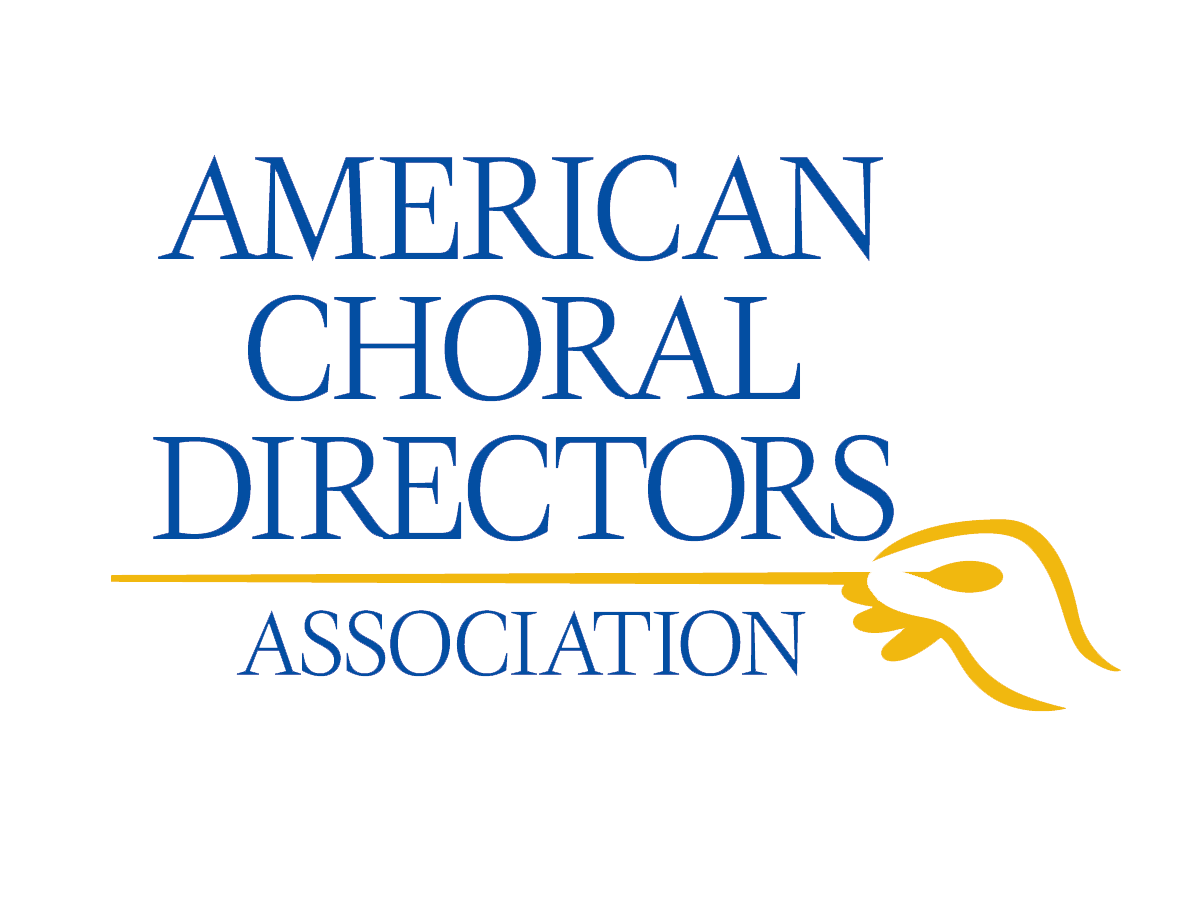Performing ‘Weather’: Creating an Artistic Climate for Exploring Social Justice
Session Abstract: The Temple University Performing Arts Collaborative proposes a concert performance of Rollo Dilworth’s new and groundbreaking composition, Weather, and an Insight Choir session consisting of a deconstructed performance and discussion with the composer, the artist citizens (musicians), and the ensemble conductors.
About Weather:
The death of George Floyd has become a defining moment in the discourse on systemic racism and social injustice. Even in the midst of a global pandemic, people from all walks of life, including artists and educators, have sought both personal and public ways to respond to this traumatic and tragic event. Individuals and institutions around the world have been inspired to take a closer look at themselves, to seek a deeper understanding of the dynamics of racism and bias and their effect on the present, and to take purposeful actions that promote a more just society.
Historically, the arts have always fulfilled the dual roles of responding to change while at the same time creating change. “Weather” is a poem that gives voice to the voiceless, especially those who have been and continue to be marginalized because of difference. It responds to and reflects realities that are both culturally specific and humanly universal. Professor Claudia Rankine challenges all of us (no matter your background or lived experience) to know better, to do better, to take action, and to become agents of social justice and social change.
Everyone has a role to play in building and sustaining communities that are fair and just for all. Therefore, Weather is a learning opportunity for all of us. All persons are invited to tell this story and learn from it.
Musicianship skills alone will not be enough to prepare the next generation of musicians for careers in performance, composition, history, theory, technology, education and therapy. Beyond its aesthetic value, music educators and their students must consider how music can be employed for the purposes of self-care and the well-being of others, and how it can build agency to address issues of social justice. Music educator and researcher David Elliot refers to this concept as “artist citizenship.” In the context of artistic citizenship, the “artistic” refers to music makers of all ages and abilities who put their music making to work to facilitate and create positive social and cultural transformations—including, of course, advances in democracy and social justice—in their communities, whether these communities be local, national, or international (Elliott, 2016).
Goals for Insight Choir Session:
National Standards identify the steps of the artistic process as, “creating, performing, responding and connecting.” While these standards are helpful for taking a multi-dimensional view of artistic expression, more guidance is needed on how exactly to implement the principles of social justice and ADEI. We will share with conference attendees how we adapted the artistic process framework to guide our collaborative work.


.jpg)

